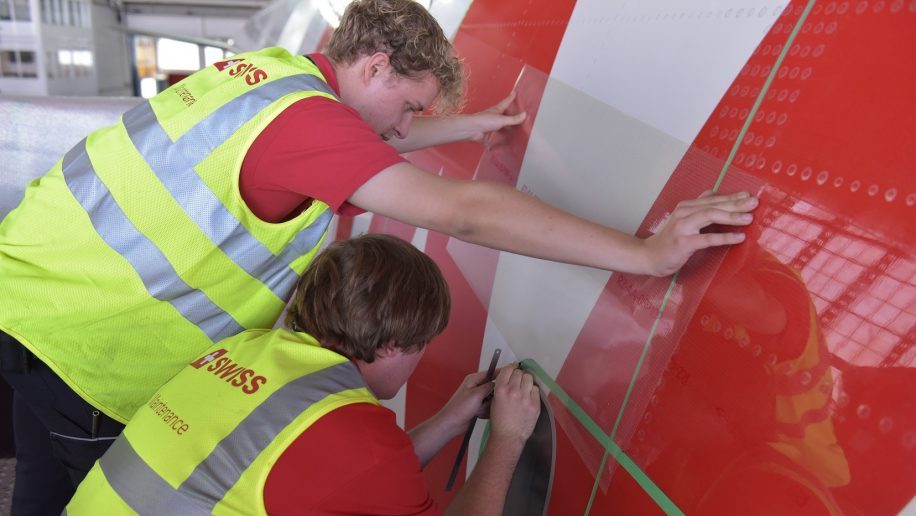Nebraska DHHS has launched a new program that equips small-town ambulances with life-saving telemedicine technology, thanks to a $1.3 million initiative funded by a Centers for Disease Control Health Disparities grant. This program aims to provide rural emergency crews with an extra set of eyes and ears to help treat patients when the nearest hospital is miles away. With access to telemedicine technology, every minute counts in these situations, and it can make a significant difference in patient care.
One of the 20 rural EMS crews benefiting from this program is Friend Rescue, based in Lincoln, Nebraska. With a coverage area of approximately 100 square miles and just 11 volunteers, rescue captain Kelly Paulsen shared how telemedicine technology not only assists her crew but also benefits the patients they care for. The technology enables better documentation and multitasking while treating patients, especially when there is only one EMT in the ambulance working on a patient.
The pilot program, in partnership with Avel eCare based in Sioux City, South Dakota, virtually connects EMS crews to physicians, paramedics, and registered nurses. Tim Wilson, the state’s director of the Office of Emergency Health Systems for DHHS, explained that the goal is to provide rural EMS crews with the same resources available in hospital emergency rooms, ensuring access to consultations with higher levels of care.
Friend Rescue highlighted how their local hospital, Warren Memorial, also utilizes the same telemedicine technology in their ER, allowing for continuity of care with just the press of a button. Wilson expressed hope for securing funding to extend the pilot program for another year and expand telemedicine services to more rural EMS ambulances across the state.
This innovative program aims not only to assist EMS crews but also improve patient outcomes while helping with retention and recruitment of staff. By providing rural emergency crews with access to higher levels of care through telemedicine technology, this initiative has great potential to save lives and improve healthcare outcomes in remote areas.


